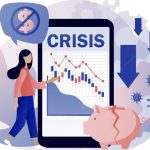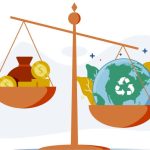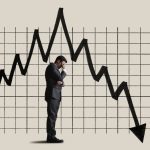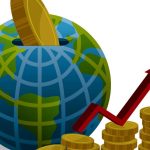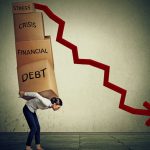The global economy is constantly changing and evolving. To be successful in the global market, businesses need to understand the role of ethics and culture in this arena. Each country has its own cultural values and beliefs, which can impact how a business operates in that country. Additionally, ethical principles and standards vary from region to region. Therefore, companies must be aware of these differences and adjust their operations accordingly. Doing so can build trust with consumers and create a positive reputation in the global marketplace.
The economic ethics: how to make tough moral decisions
It is important to consider the role of ethics and culture when discussing the global economy. After all, different cultures have different ethical standards, and this can impact the way businesses operate. For example, some cultures may be more accepting of bribery and corruption than others. This can create an uneven playing field for companies trying to operate ethically.
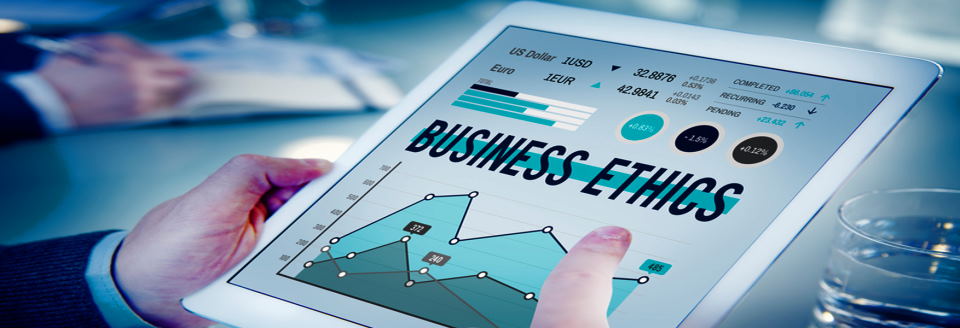
There are a number of ways to address this issue. One is to promote ethical standards within the business community. This can be done through education and awareness-raising efforts. Another approach is to put regulations that require companies to adhere to certain ethical standards. This can level the playing field and help ensure that all businesses are operating on a level playing field.
The role of ethics and culture in the global economy is important. It is important to ensure that businesses are operating ethically and taking into account the cultural differences that exist worldwide. Only by doing this can we hope to create a truly global economy that works for everyone.
The economic ethics challenge: how to make ethical decisions in a tough economy
When faced with ethical dilemmas in a global economy, businesses and individuals must consider the potential implications of their decisions on a variety of stakeholders. This can be a complex task, as different cultures have different values and beliefs about what is right and wrong. In some cases, there may not be a clear consensus about what the “right” thing to do is.
When making ethical decisions, businesses and individuals must weigh the benefits and harms of their actions to determine what is the most ethical course of action. They must also consider the potential impacts of their decisions on society as a whole. Sometimes, the decision may come down to a trade-off between different values or interests. For example, a company might choose to sell a product that is harmful to the environment to make a profit, or an individual might lie about their qualifications on a job application to get the job.

The following resources can help businesses and individuals make ethical decisions in a global economy:
- The International Business Ethics Institute (IBEI) is a research and education organization that promotes ethical business practices worldwide.
- The Global Compact is an initiative of the United Nations that encourages businesses to adopt sustainable and socially responsible policies.
- The Business for Social Responsibility (BSR) is a membership organization of companies committed to sustainable and socially responsible business practices.
Making ethical decisions in a global economy can be difficult, but it is important to consider the potential implications of your actions on all stakeholders. By taking into account the values of different cultures and the impact of your decisions on society, you can make ethically responsible choices and in line with your company’s or organization’s values.







 I am an economist and nature lover. By day, I serve as director of economic policy initiatives & institute fellow at the Finance Institute. By night, I muse about economics, finance, nature, and life here at makewallstreetpay.org. I also advise and invest in start-up companies.
I am an economist and nature lover. By day, I serve as director of economic policy initiatives & institute fellow at the Finance Institute. By night, I muse about economics, finance, nature, and life here at makewallstreetpay.org. I also advise and invest in start-up companies.
